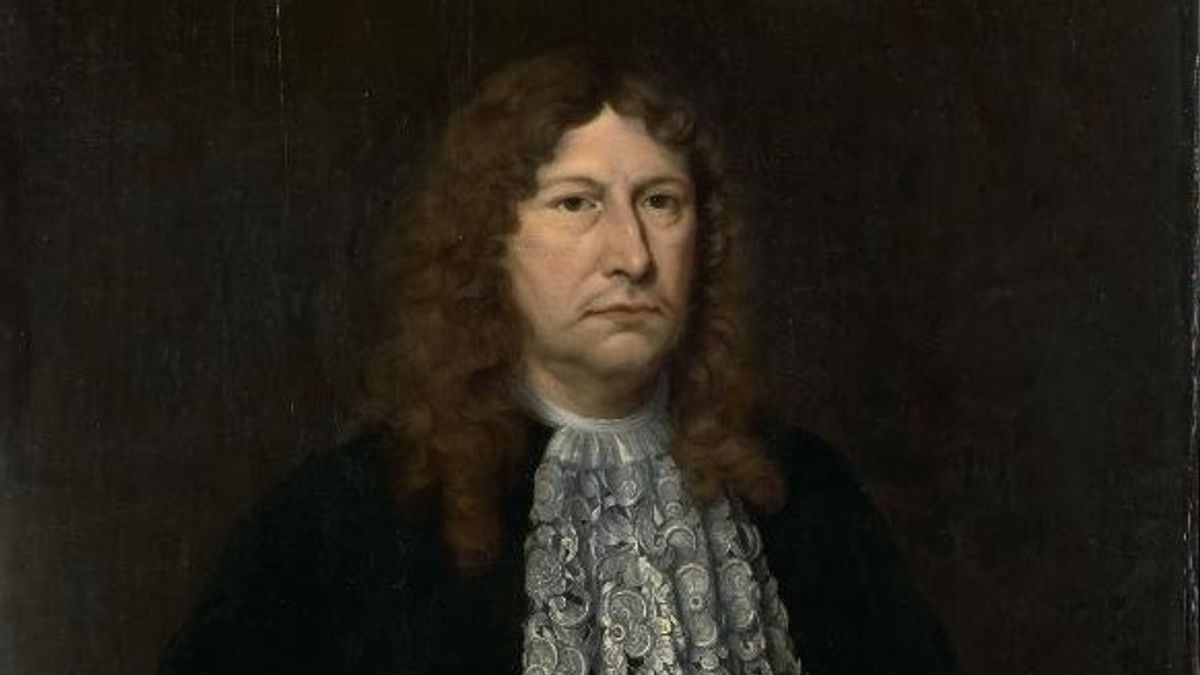
JAKARTA History today, 331 years ago, September 24, 1691, Johannes Camphuys enjoyed his last day as Governor General of the VOC. His leadership is not only filled with progress, but also controversy. He became the Governor General who was the most difficult to regulate.
The Gererja Council and the City Council were overwhelmed. He often rejected the advice of the two institutions. Moreover, Campuys has openly rejected the suggestion to knock down the palace and mosque in Batavia. For him, tolerance is important for the existence of VOC.
If not the son of a rich and influential person, he would need a brilliant career in the Dutch trading airline VOC. Everything must start from the bottom. Johannes Camphuys, agrees. The young man from Haarlem started his career as a silver craftsman. He also joined the VOC from below.
His skills as a VOC leader are starting to be recognized. He is also known as a person who cares about science. VOC official Heren Zeventien was attracted to him. Camphuys was also appointed governor general of the VOC to replace his predecessor with Tuk Tukang Adu Sarde, Cornelis Speelman on January 11, 1684.
It may be that Camphuys' leadership does not immediately reach its stakeholders. However, he still cannot be underestimated. Many of the new monopolys carried out by the Camphuys era of the VOC had made the relationship between the VOC and the Chinese tense. Because Camphuys are starting to interfere with their business.
On the other hand, Camphuys' activities that gave Chinese permission to build schools made him feel like a savior from ignorance. Both policies are a dilemma for the Chinese.
"He is also studying astronomy and natural science and understands the importance of making a copy of Rumphius' botanicalist script on the flora of the Maluku Islands before the script was sent to Europe (a ship carrying the original script was lost to the French)."
"He also wrote a lengthy description of Batavia which was collected in Valantijn's minutes, and sent to the Netherlands the first "primbumi" student, namely the son of a mardijker (free slave) who later returned as a priest in Ambon," said historian Denys way in the book Nusa Jawa: Limits to Dismissal (1996).
It may be that Camphuys is not fresh with Speelman, but Camphuys' guts are above Speelman. Camphuys is one of the Governor General of the VOC who dared to oppose orders or suggestions from the Church Council. Something that the Dutch in general cannot do.
The religious institution was not considered important to him. The Church Council's suggestions were like the wind to him. Moreover, the advice to knock down mosques and Lenteng. He vehemently rejects it. He prefers to live in diversity. Tolerance is a VOC shortcut to a bigger advantage.
Camphuys often also ignores the suggestions from the Batavia church which has a thin tolerance for religion and the beliefs of local residents. One time he even rejected the proposal from the representative of the Batavia Church Council who considered too many Chinese soldiers and mosques in Batavia, and therefore had to be torn down.
"Although it has been since 1679 the central ruler of the VOC in Amsterdam, Council 17 states that there should no longer be pressure to encourage local residents to change religions," said Mona historian Lohanda in the book History of the Magnifies Batavia (2007).
The role of Johannes Camphuys is part of history today, September 24, 1691 in Indonesia.
The English, Chinese, Japanese, Arabic, and French versions are automatically generated by the AI. So there may still be inaccuracies in translating, please always see Indonesian as our main language. (system supported by DigitalSiber.id)












